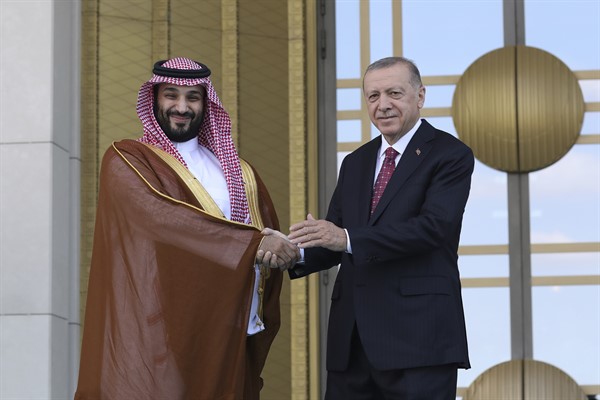Many optimists in the Middle East as well as in Washington have argued for some time that governments in the region will find new ways to embrace diplomacy and cooperate among themselves if foreign powers like the United States take a backseat and reduce their footprint in the region.
In recent years, the region has seen a sustained round of diplomacy as well as conflict—two major themes that have been a frequent subject of this newsletter. The causes of conflict come from both within and outside the region. Unlike in other parts of the world where the great powers reduced their spending and overall military footprint after the end of the Cold War, the U.S. continued to intervene in the Middle East for several decades afterward, with its hegemony in the region peaking during the invasion and occupation of Iraq.
By 2012, after the Arab Uprisings, entropic dynamics had taken hold in the Middle East. Major global powers continued to intervene militarily in the region, while failing to make significant investments to help governments provide public goods to their citizens. Meanwhile, a growing cast of activist regional powers—a list that includes Israel, Iran, Turkey, the United Arab Emirates, Qatar, Saudi Arabia and even Egypt—continued to meddle in the affairs of their neighbors.

